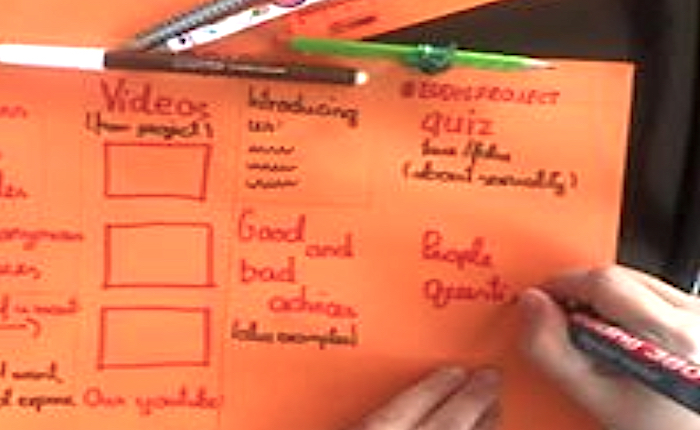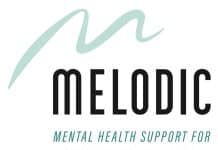 EDDIS project develops e-learning material about sexual education for secondary schools. The development is carried out in cooperation with pupils, teachers and sexual education experts from four European countries: Finland, Greece, Lithuania and Portugal.
EDDIS project develops e-learning material about sexual education for secondary schools. The development is carried out in cooperation with pupils, teachers and sexual education experts from four European countries: Finland, Greece, Lithuania and Portugal.
 The key objective is to increase basic knowledge about the sexual health and sexuality among the youth between 13-16 years of age.
The key objective is to increase basic knowledge about the sexual health and sexuality among the youth between 13-16 years of age.
Three main objectives of the EDDIS project:
- To identify the information needs of young people about sexual education and meaningful ways to learn about sexuality
- To involve young people in the production of sexual health education material
- To develop a unified eLearning sexual education platform for European secondary school pupils.
As a result of the EDDIS project, pupils will get an interesting and meaningful way to learn about sexual health issues. In the long run they will also achieve better sexual health. The teachers and health professionals will benefit from new learning methods and tools.
Project Τitle:
“EDDIS. A Digital Program for Sexual Education in Secondary Schools”
Project Duration: 1 September 2018 – 31 August 2021
Project URL: https://eddis.turkuamk.fi/en
Project Framework & Funding: Erasmus+ KA2 Strategic Partnerships
Funding: 201.485,00€ (UNIWA: 26.973,00€)
Principal Investigator (TCD): Elina Lindberg, Email: Elina.Lindberg@turkuamk.fi
Principal Investigator (UNIWA): Dr. Evanthia Sakellari, Email: sakellari@uniwa.gr, Tel: +30 213 20 1 131
Consortium – Partners:
- Turku University of Applied Sciences, Finland (Coordinator)
- Escola Superior De Enfermagem de Lisboa, Portugal
- University of West Attica, Greece
- Vasaramäki School, Finland
- Klaipeda Public Health Bureau, Lithuania
- 9th Kallithea High School “Manos Xatzidakis”, Greece
- Klaipeda Versme School, Lithuania












